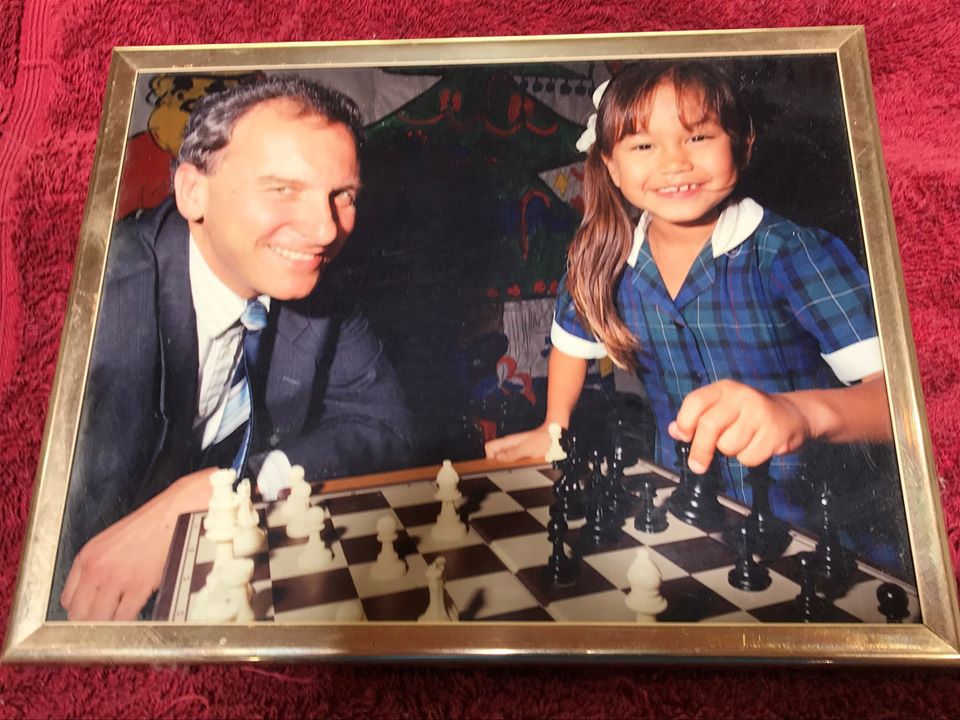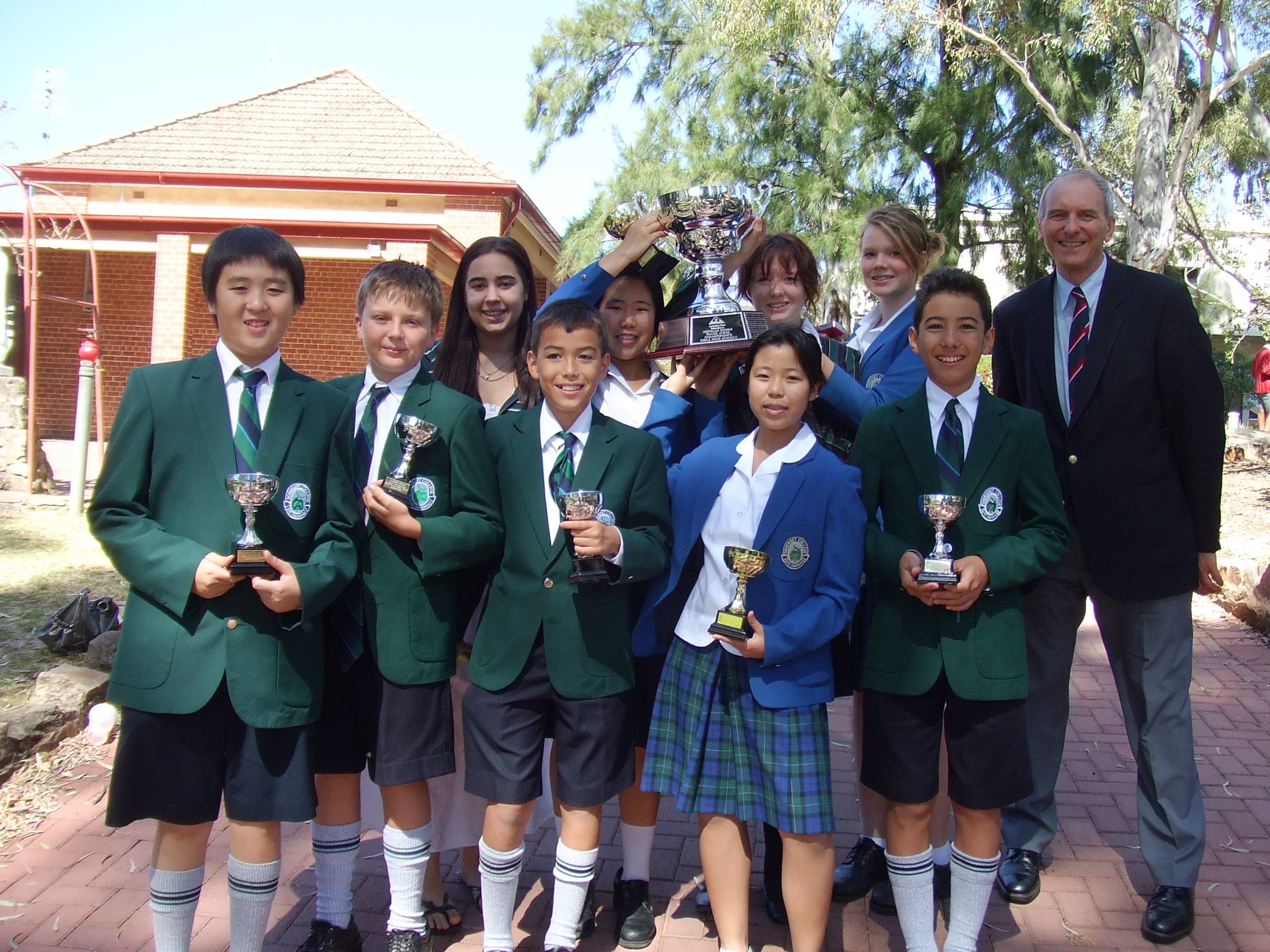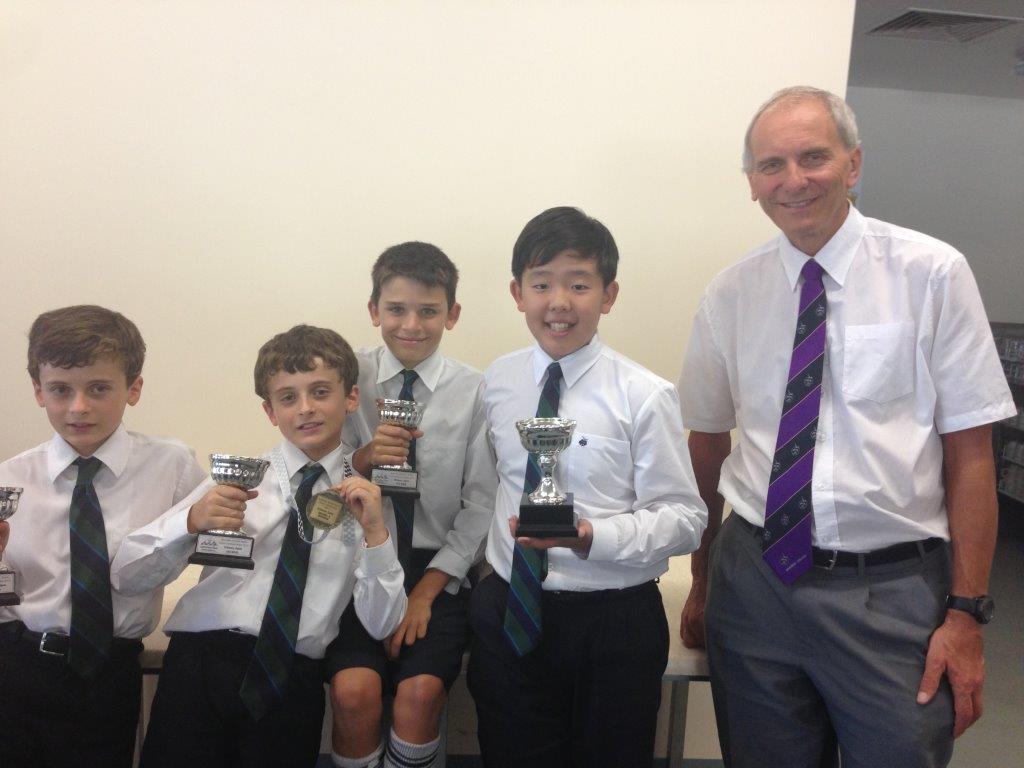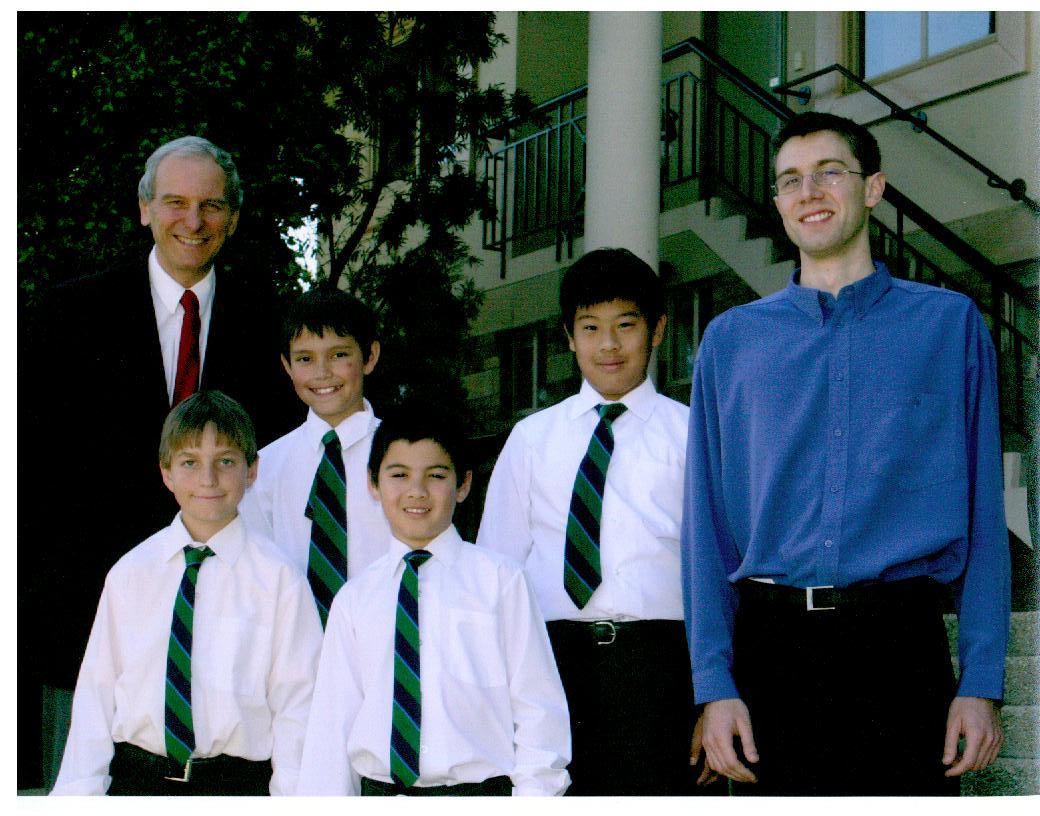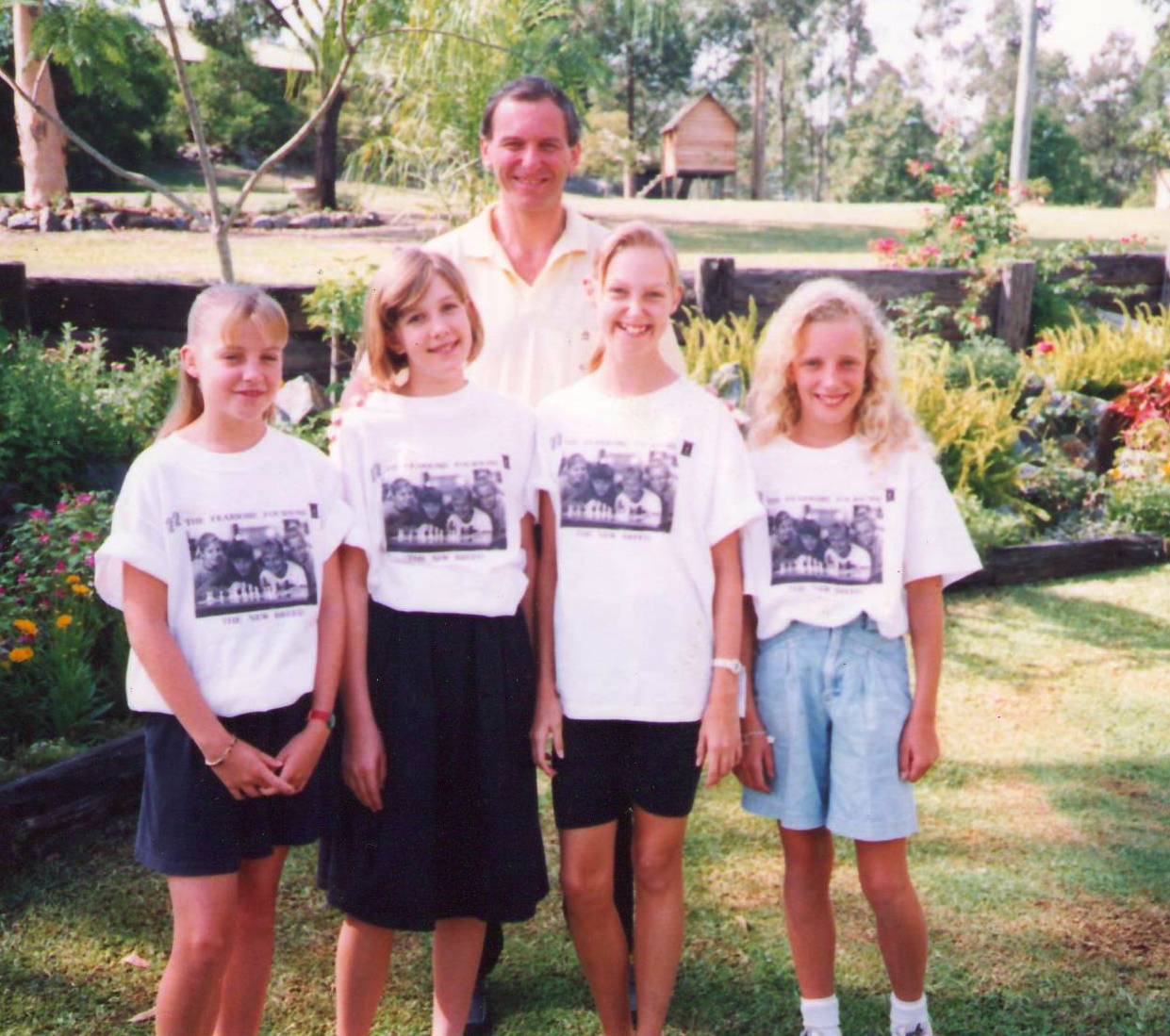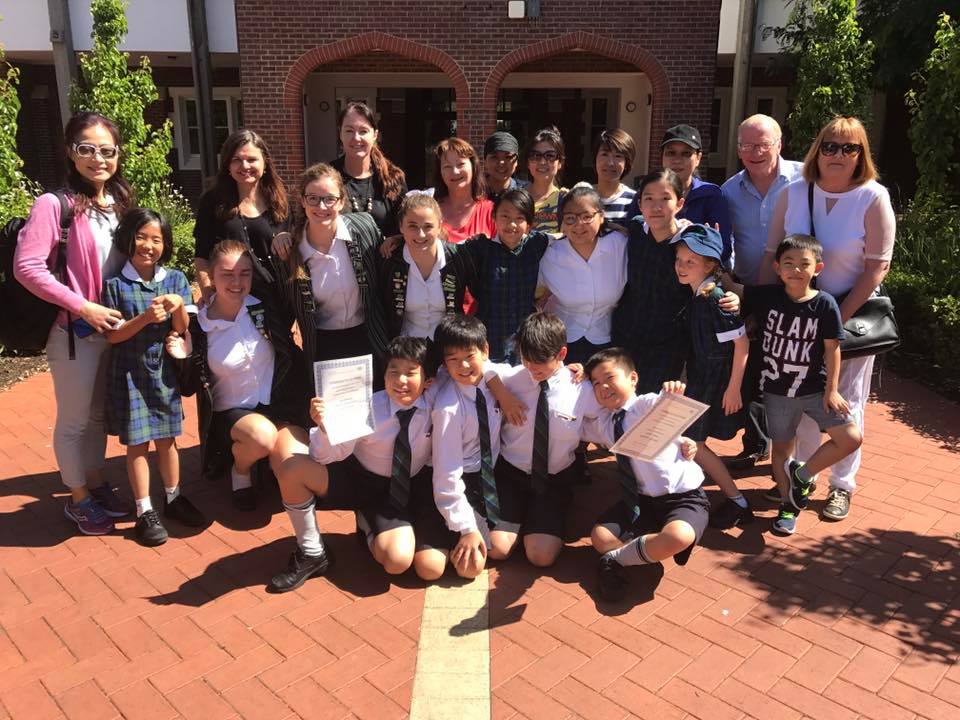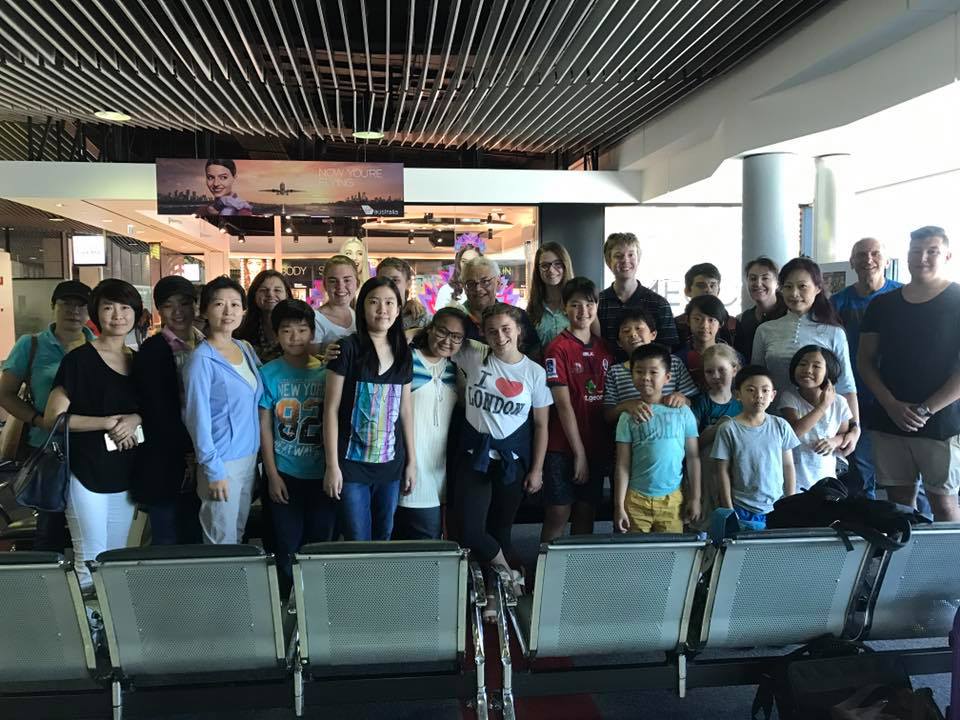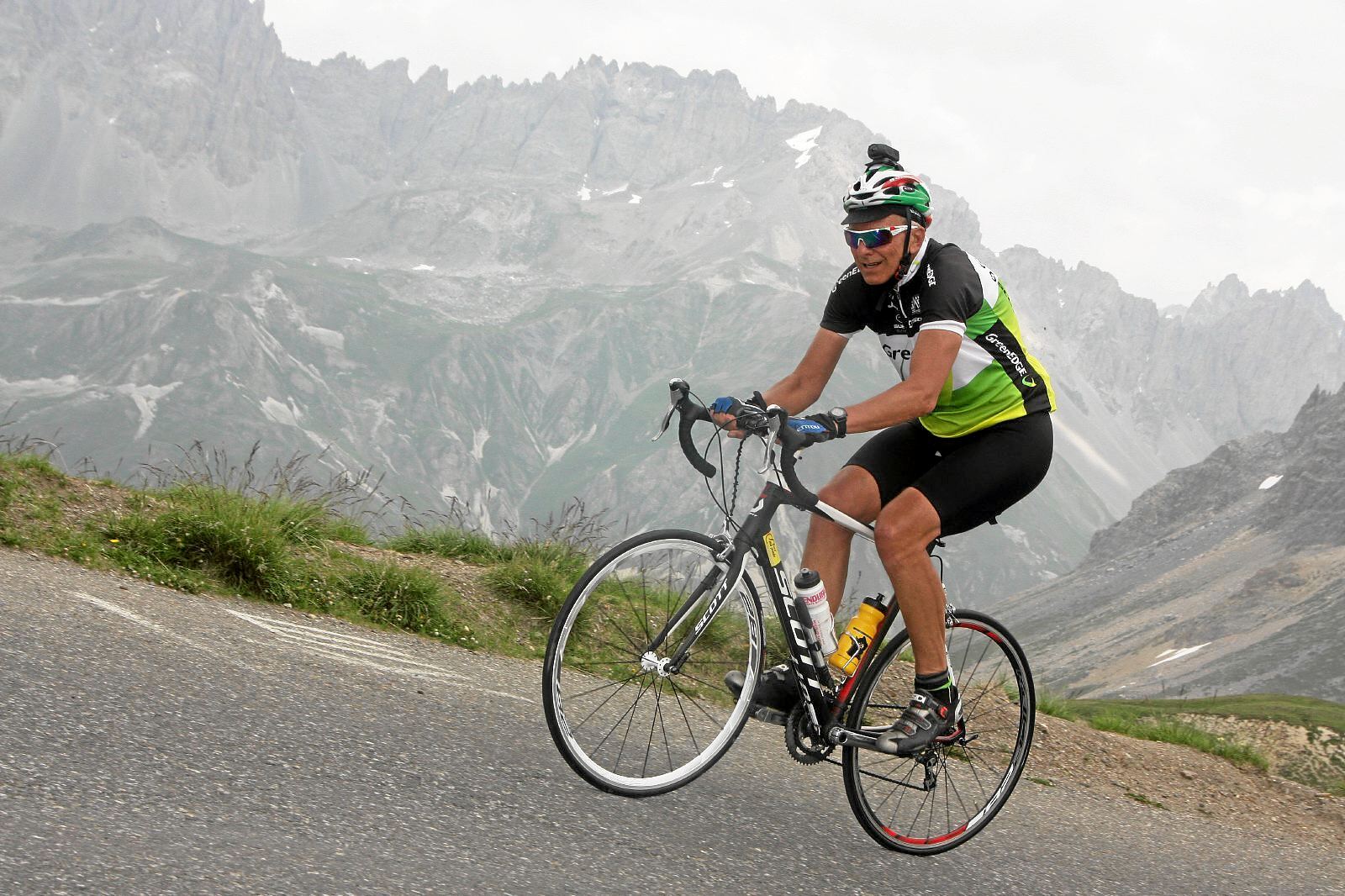Graeme, thank you for taking some time to answer the questions we have put to you – I know that many people will be very interested in hearing the answers and learning more about the man who founded Gardiner Chess. Graeme’s contributions to chess in Queensland and Australian are immense, and he continues to put back into the chess community on a regular basis.
- What did you do before starting Gardiner Chess? I was working for Somerset College as Development Manager from 1989 and the school principal encouraged me to manage the chess programme there. I resigned in 2001 with the aim of building a chess centre. Wendy and I moved home in the same area (Mudgeeraba) and started planning the chess centre which was finished in December 2002.
- What led yourself and Wendy to create Gardiner Chess? The success of the chess programme at Somerset College and the Gold Coast Chess Club, as well as the emergence of ‘chess in schools’ businesses in Melbourne convinced us that a successful chess business was possible.
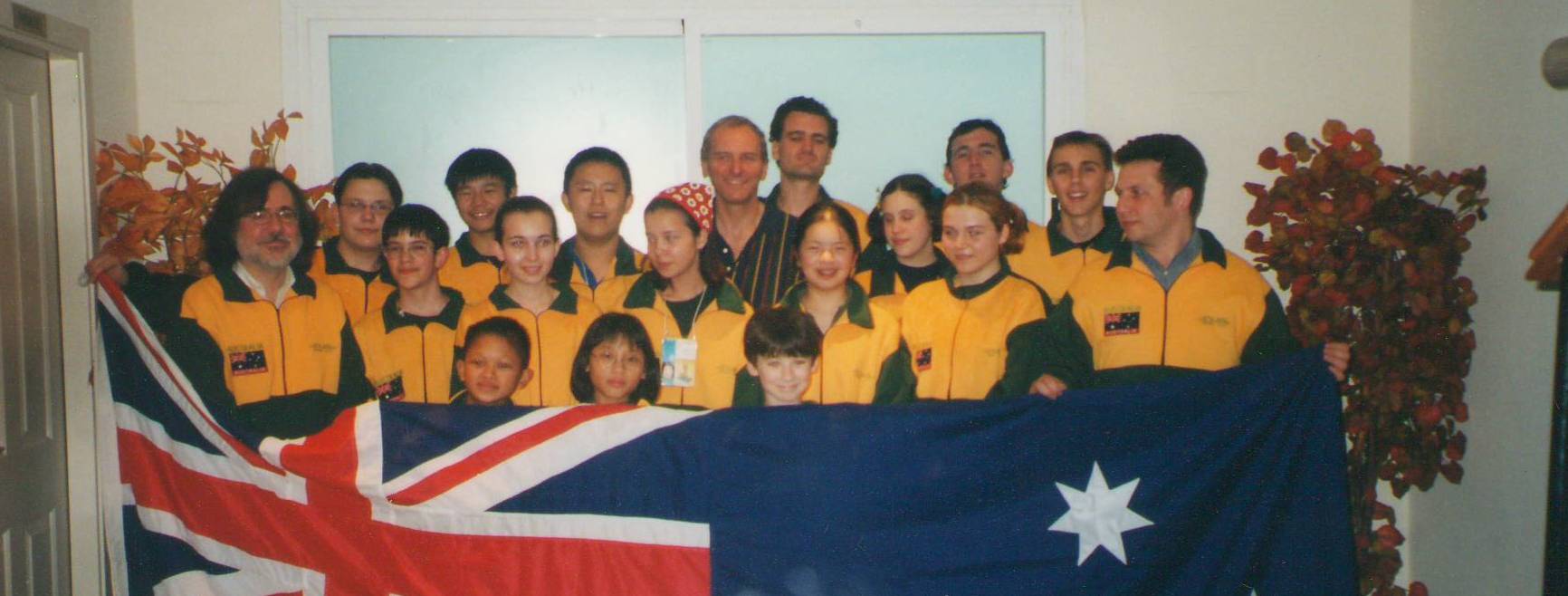
Orepresa Youth Olmpiad 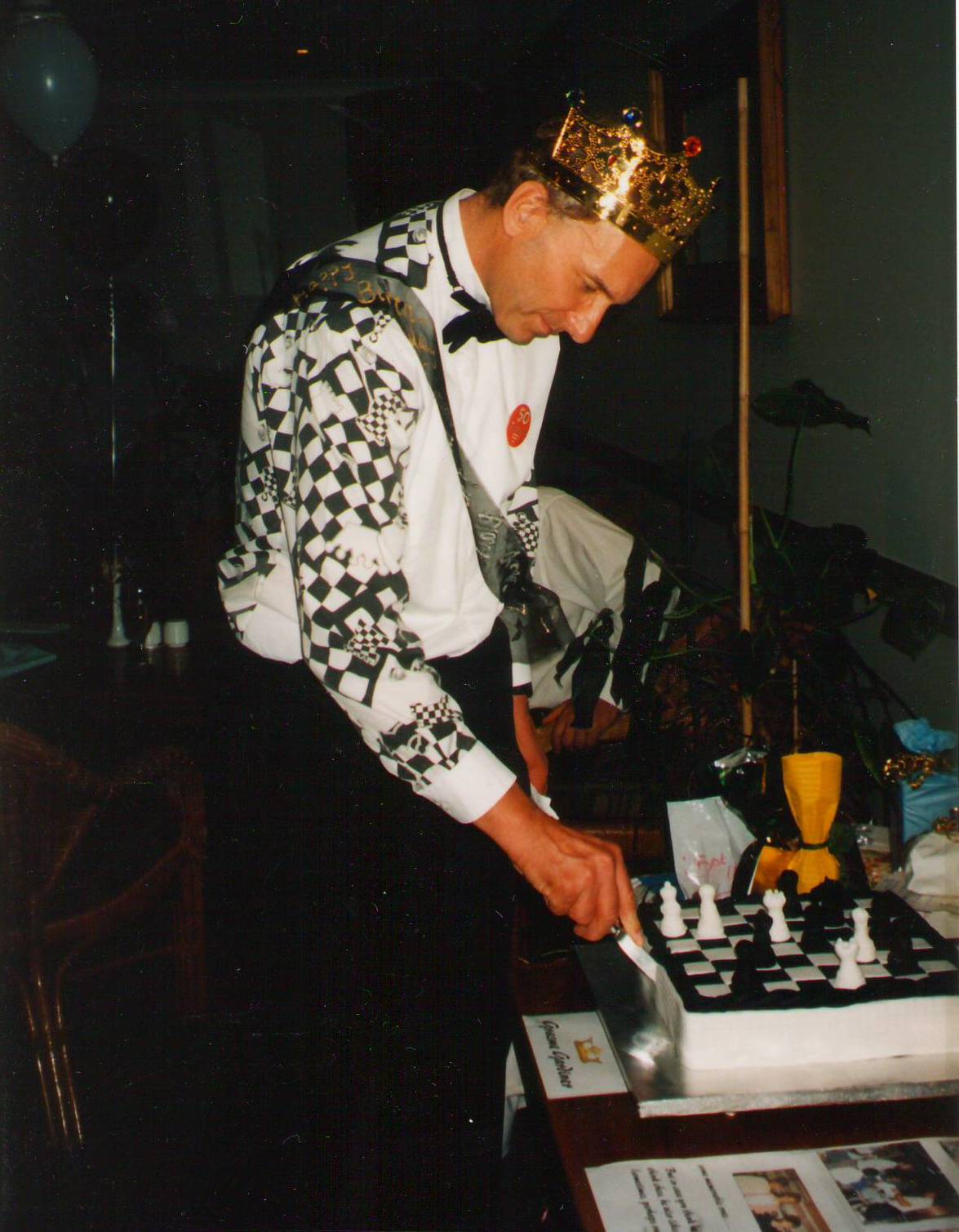
50th Celebrations 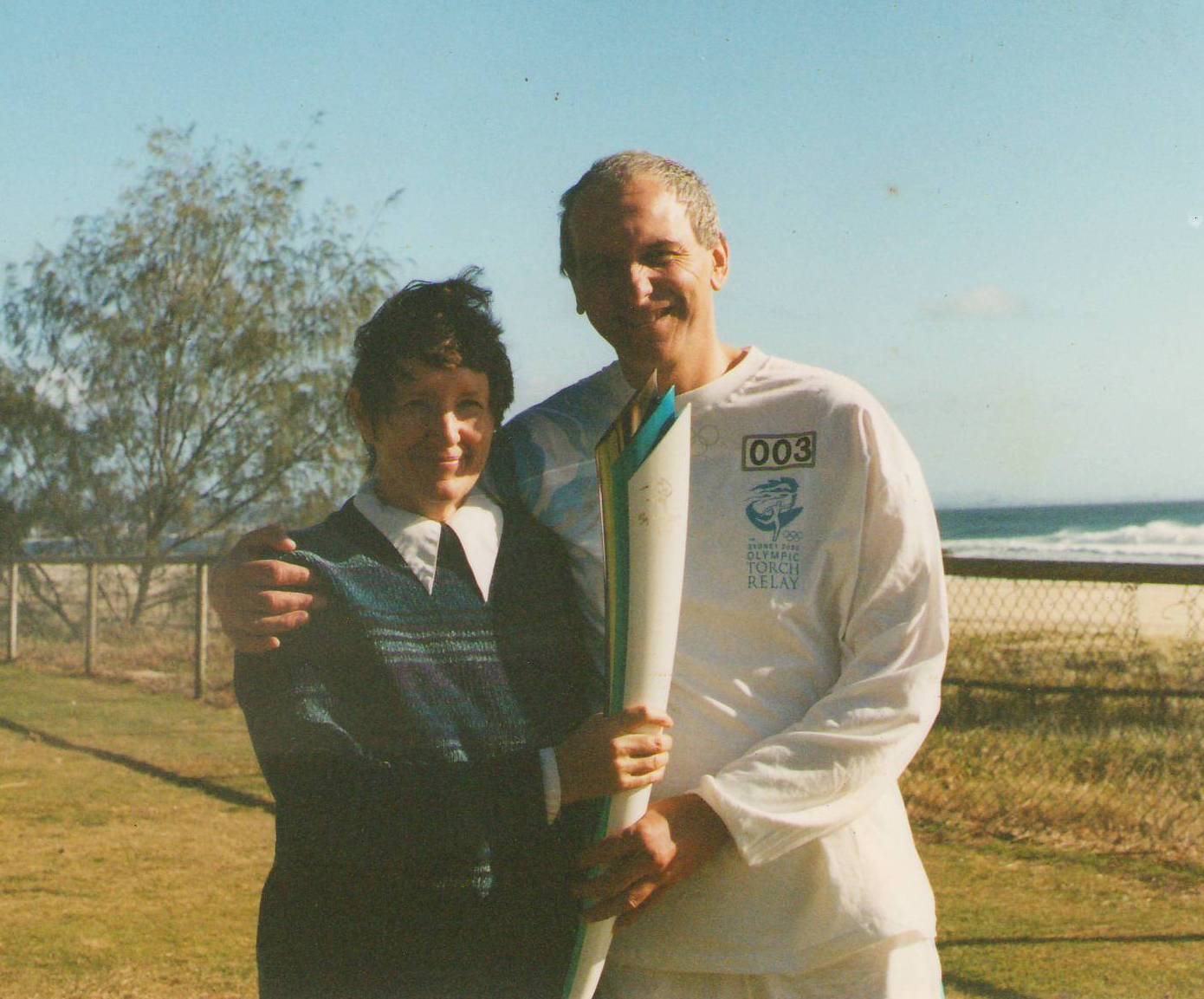
Olympic Torch bearer 
Graeme in formal 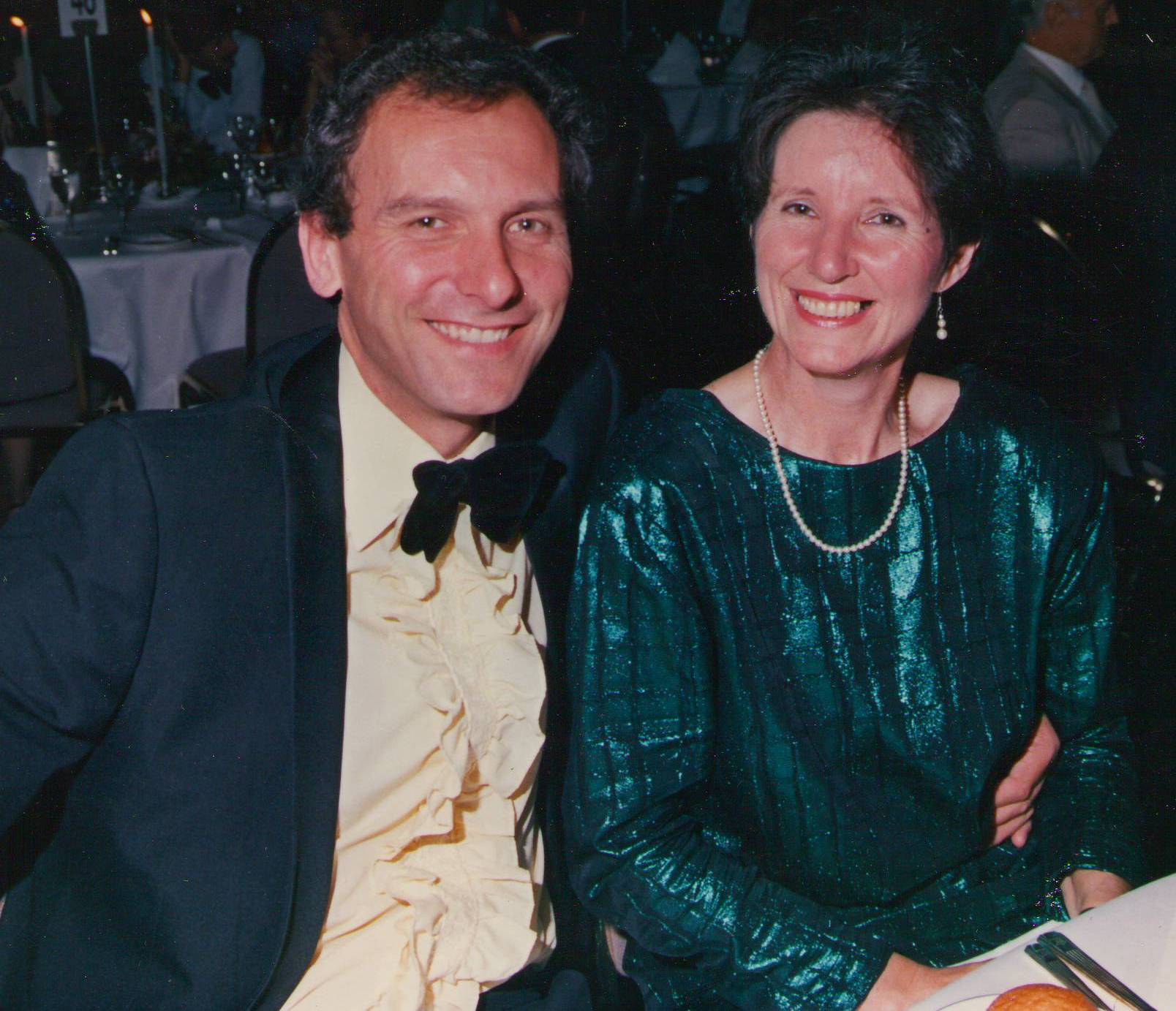
Graeme and Wendy formal 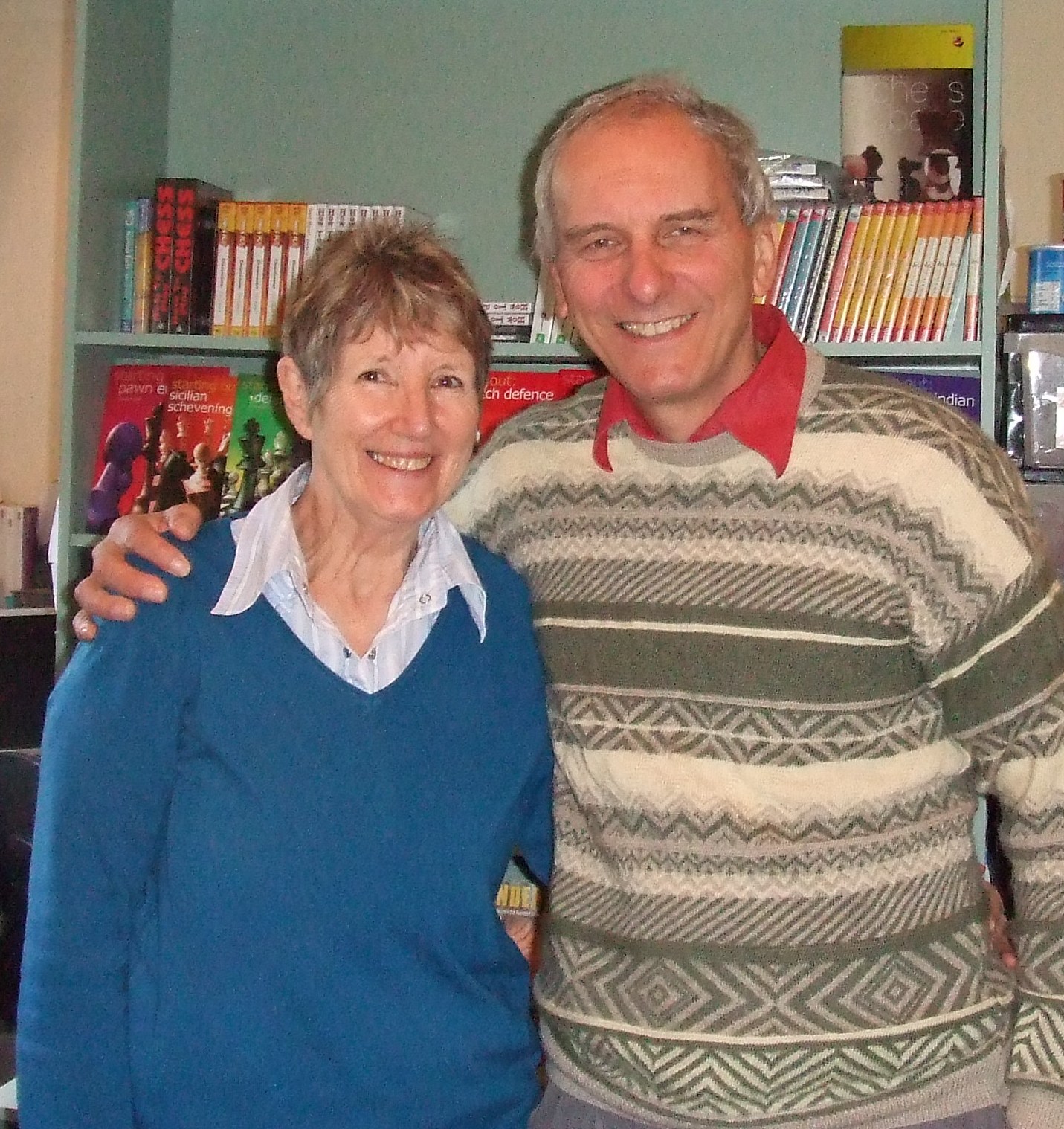
Graeme and Wendy at the Gardiner Chess Centre
- How challenging was it to bring chess culture to schools at the time? In the early 1990s it was very hard. I couldn’t find a single school for Somerset to play against, until I found a guy by the name of Ian Irving who ran a small programme at Trinity Lutheran College. We played them in a ‘big board’ game, I think about 12 boards or so. I found that stalwarts like Connie Pizzato and Kerry Corker were already trailblazing in Brisbane. We (David Esmonde, Bruce Harris etc) re-started the Gold Coast Chess Club which had been closed down some years earlier, introduced the Gold Coast inter-schools competition and ran the Australian Junior Championships at Somerset College in 1994.
- You also started the Australian Schools Teams Championship back in 1998 – what was the motivation behind this? The guy who ran the Australian Rapid Championships at the Shore Inn in Sydney around 1993 (which involved the Polgar sisters) moved to the Gold Coast a few years later and his sons attended Somerset College. Ralph Kajet was the state manager for the Youth Hostels Association in Queensland. During an idle conversation at the chess club the two of us came up with the idea of a national inter-schools event. Ralph didn’t play much further part, but John Gourlay, Master I/C Chess at Sydney Grammar School and myself organised the inaugural event in 1998. The event was open high and primary. Somerset College teams came second in both events. The following year Jenni Oliver (ACT) ensured that ‘all girls’ events were added.
- What sparked your initial interest in chess, and when/where did you begin playing and learning the game? That’s a question that I’ve been trying to answer myself, and even after speaking with my brother, I can’t remember who introduced me to chess. I think it might have been one of my cousins when I went down to Wiltshire during the summer holidays. I passed my 11+ exam, which meant I got to attend Windsor Grammar School, which had a chess programme. Lunchtime club was open every day and run by seniors, with a very active chess ladder. Home and away school v school chess was held on Fridays after school involving unsupervised travel on public transport. I would often, even aged 12, have to walk a mile home unsupervised at 9pm in the dark (noted as a contrast to the situation today).
- Do you think we will see you return to playing on a more regular basis at some stage? Highly unlikely at this stage, I’m more interested in my research and riding my bike. I simply don’t have enough time or motivation to practice and compete at a respectable level.
- What is your biggest highlight as a player? At Windsor Grammar School from the start I went about 30+ games in inter-schools chess undefeated. After that it was all downhill as I found myself going down the boards. Some of my friends started reading up on theory (how dare they)😀 However, my current playing standard, however modest, is almost entirely due to the chess I played at school.
- What achievement(s) are you most proud of from a coaching/administrative aspect? Just my general contribution to the chess culture at Somerset College, Gold Coast, Queensland and Australia.
- You were famously very close to setting up a National Chess Academy – what stopped this from happening? I got as far as a meeting with Tim Fischer (deputy prime minister) and Jackie Kelly (minister of sport) at Parliament House. They said all the right things (platitudes) but as soon as I left the meeting I was intercepted by a couple of officials from the Australian Sports Commission who bluntly told me that chess would never receive any government funding. At the time I think I was setting up the business, so I simply did not have enough time or energy to continue the fight.
- Not everyone will know this, but you were President of the Australian Chess Federation for some time. Can you tell us a bit about your time in that role? I was President from 1999-2003 and introduced the weekly email bulletin sent directly to a large list of chess players and officials; I introduced telephone hook-ups for Australian Chess Federation meetings (instead of Melbourne locals representing remote states) and flew around the states to talk to local officials about their issues on at least two occasions. So I believe that my greatest contribution was to improve communication across Australia.
- What are some of the most important things junior chess players can do to improve? The same, most important thing that I never did…analyse their scoresheets after every game, either alone, with their computer chess programme, their chess coach if they have one, their opponent or (preferably stronger) chess friend. I believe the second most important, apart from entering lots of chess competitions is to play a lot online.
- What are some of the qualities you believe are important in juniors who go on to become strong chess players? A non-stop desire to learn and compete.
- How does chess here in Australia compare to chess back in England (albeit it has been some time since you have been there)? Partly from my attendance at the Chess in Schools Conferences in Aberdeen and London, I think the junior scene is now quite similar. England was well ahead of Australia in producing Grandmasters, but since the turn of the century that has been changing. The improved junior chess scene in Australia probably has a lot to do with that.
- Who are some of the biggest names in chess you have met, both in Australia and abroad? Vishy Anand, Gary Kasparov, Yasser Seirawan, Susan Polgar.
- What are your favourite memories in chess (as an administrator, player or coach)? I’ve always loved team experiences. The Somerset College primary school victories at the nationals in Sydney (2006) and Perth (2016) stand out. The five Somerset College victories in six years (2014-2019) in the Queensland state primary finals also were great to be part of.
- Who is your chess idol / favourite player? Favourite Australian players: Ian Rogers, David Smerdon, Stephen Solomon – I like their attitude. No favourite overseas player
- You have launched into study post Gardiner Chess – can you please tell us a bit about your journey so far, and where this is headed? My supervisor at USQ is Professor Luke van der Laan, who has been great, and I also have a second supervisor for my doctoral thesis, Dr David Smerdon who, as you know is a chess grandmaster, and also a leading economic statistician. We, as a team, are investigating whether learning and practising chess helps children with literacy and numeracy scores. [Ed: See further information below]
- You are known for being a mad cyclist – tell us about your favourite biking adventure and how often you manage to ride these days? 1. Giro d’Italia Dolomites and Tuscany; 2. Tour de France French Alps and Pyrenees; 3. Three Peaks in Victoria Falls Creek, Mt Hotham and Tawonga Gap. I ride three time a week, with around 150-250km per week. My favourite hills are Springbrook (local); Mt Hotham (Australia) and all the mountains in the Dolomites (absolutely spectacular).
- Within the office there used to be quite a rivalry around football teams with Andrew being a Manchester United support whilst you were Arsenal. What made you follow Arsenal? Rivalry, what rivalry? 😀 As a kid to age 11 I lived in Catford, which was a bus/tube trip across London from Highbury, where Arsenal played. My dad followed West Ham, so I had to follow a different team. One day a friend took me to Highbury, and after that I was hooked.
- Is there anything you would love to see happen within Queensland, and Australian Chess? This will be controversial. At both national level and state level I would love a) it to be financially viable to staff an office with a full-time manager and b) for the council at both levels to be elected by popular vote of members rather than delegates.
As mentioned above, Graeme is currently undertaking further study with a critical component being information around Queensland Junior Ratings and NAPLAN scores. If you (or your child) finished school between 2008 and 2021, and had a Queensland Junior Rating, Graeme would appreciate your assistance in furthering his study!
Research Project involving matching Queensland Junior Chess ratings with NAPLAN scores.
Your assistance is requested to assist researchers Professor Luke van der Laan, Dr David Smerdon (chess grandmaster) and doctoral candidate Graeme Gardiner with an important research project in the field of chess and education which we believe will have worldwide implications.
For a successful outcome, we need as many people as possible who had a Queensland Junior Chess rating at any stage during the 14-year period from January 2008 to December 2021 to provide consent for either their school or QCAA (Queensland Curriculum and Assessment Authority) to provide their NAPLAN literacy and numeracy scores data, date of birth, gender and school attended, for matching with their chess ratings data before deidentifying prior to analysis.
Please click this link to complete your consent. It takes less than two minutes. Survey Monkey only allows one response per IP address, so responses for extra children need to be made on a different device.
https://www.surveymonkey.com/r/Y3NPCGK
Those providing consent will go into a random draw for a beautiful wooden Staunton chess set valued at $470.
Please forward this to any of your friends you believe may have had a Queensland Junior Chess rating at any time during the said period.

